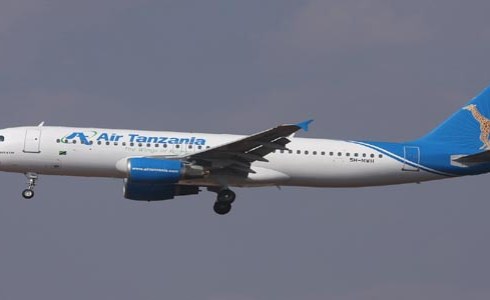Zanzibar. Ali Bakari Ali, 62, ACT-Wazalendo Secretary for the Chaani constituency in North Unguja Region, has allegedly been stabbed to death.
While ACT-Wazalendo claims that the leader was killed by robbers who later fled to an unknown location, the police in the region have stated that he was killed by his business associates, who have already been arrested.
A statement issued today, Saturday, March 30, 2024, by the ACT-Wazalendo head of ideology, publicity, and public communications, Mr Salim Biman, said Bakari died while undergoing treatment after he was abducted, beaten and stabbed by individuals believed to be robbers.
“The circumstances of Ali Bakari’s death are a continuation of criminal acts that have been occurring in Zanzibar, and the continued existence of such acts indicates uncontrolled criminal groups,” said Bimani.
He urged the police to ensure they investigate the heinous incident and apprehend the perpetrators.
While Bimani made these remarks, the Regional Police Commander, Gaudianus Kamugisha, told The Citizen that the killers were the late Bakari’s business partners who had a disagreement with him over an unsettled debt.
The RPC said the incident occurred on Thursday, March 28, 2024, at the Chaani bus station at 11:30 p.m. in North A District.
Businessmen Khamis Nyange Omar, 35, and Feisali Makame Khamis, 19, are accused of committing the crime, according to the RPC. Bakari was stabbed in the right hand and neck with a sharp object.
“Bakari (deceased) owed Khamis Nyange Sh1 million that he borrowed in February. The two were food distributors at a hotel located in the Pwani Mchangani area,” said Commander Kamugisha, explaining the reason for the murder.
He said that on the day of the incident, the suspects, who were driving a Toyota Noah, trailed Bakari in town, where he had gone to collect money for repayment of the loan. When they reached Chaani, he did not settle his debt, and that’s when they stabbed him with a knife and threw him out of the car before fleeing.
The deceased was rushed to the hospital, but he died yesterday, March 29, 2023, while undergoing treatment at Mnazi Mmoja Hospital.
According to Commander Kamugisha, the suspects’ car was set on fire by angry citizens.
Despite fleeing after committing the crime, the suspects were later arrested, and the investigation is still ongoing. When completed, both suspects will be taken to court to answer their charges.
RPC Kamugisha urged the public to refrain from taking the law into their own hands because it could lead to serious retaliation.
Bakari’s body has already been buried in his hometown of Donge, where his funeral was attended by the National Chairman of ACT-Wazalendo, Othman Masoud.
Othman, who is also the First Vice President, offered his condolences to the late Bakari’s family and the party and requested that they remain calm, stating that they are closely monitoring the matter.















